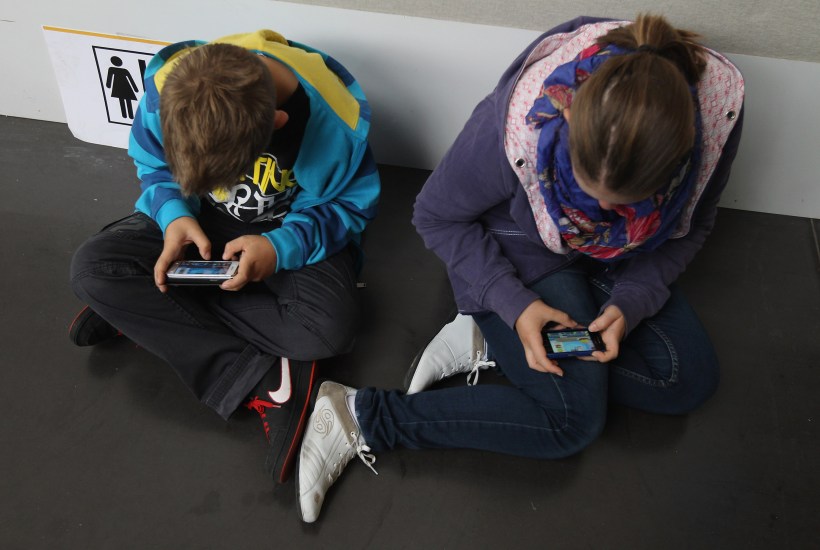Smartphones have become a big educational talking point. This year, the French government banned the use of mobile phones in schools, while the New York City Department of Education has recently relaxed its strict ban on mobile phones in schools. The NSW government has announced a recent review on the use of mobile phones in schools.
A review might be useful, but schools don’t have to wait for a government directive to set policies about mobile phones. Numerous schools already have strong restrictions on students’ mobile phone use during school hours — some do not allow students to use phones at all, while others just prohibit their use in the classroom.
There are two key questions schools need to consider when deciding on their mobile phone policy — one is the socio-emotional impact, and the other is the effect on student learning.
There are multiple studies on the link between the prevalence of mobile phone use and poorer mental health outcomes for children and adolescents; with some studies showing a weak negative relationship overall, and others finding a stronger one.
Research on the effect of smartphones on educational performance also points in the negative direction. A meta-analysis published earlier this year found a small negative relationship overall between mobile phone use and academic achievement; however, this included phone use both in and out of school hours. Other researchers have found that phone use in class exacerbates educational inequalities. For example, a study comparing academic outcomes over time in English high schools with differing policies on mobile phone use found a significant improvement in performance by low-achieving students in schools that introduced bans, with little effect on high-achieving students.
Several factors are likely to contribute to the negative educational impact of phones and other personal electronic devices in classrooms. One of the most powerful is distraction, both for the student and for their classmates. But even if phones, tablets or laptops are being used for educational purposes such as note-taking, there is substantial evidence this is not optimal for learning, with numerous studies showing that writing notes by hand leads to better comprehension and retention of information than typing. There is also emerging evidence that reading on screens is different in quality to reading on paper.
Students have plenty of opportunities to use their phones when they are not in class. At the moment the risks outweigh the benefits and schools would be wise to limit their use.
Dr Jennifer Buckingham is a senior research fellow at the Centre for Independent Studies and Director of the Five from Five reading campaign.
Got something to add? Join the discussion and comment below.
Got something to add? Join the discussion and comment below.
Get 10 issues for just $10
Subscribe to The Spectator Australia today for the next 10 magazine issues, plus full online access, for just $10.


























Comments
Don't miss out
Join the conversation with other Spectator Australia readers. Subscribe to leave a comment.
SUBSCRIBEAlready a subscriber? Log in